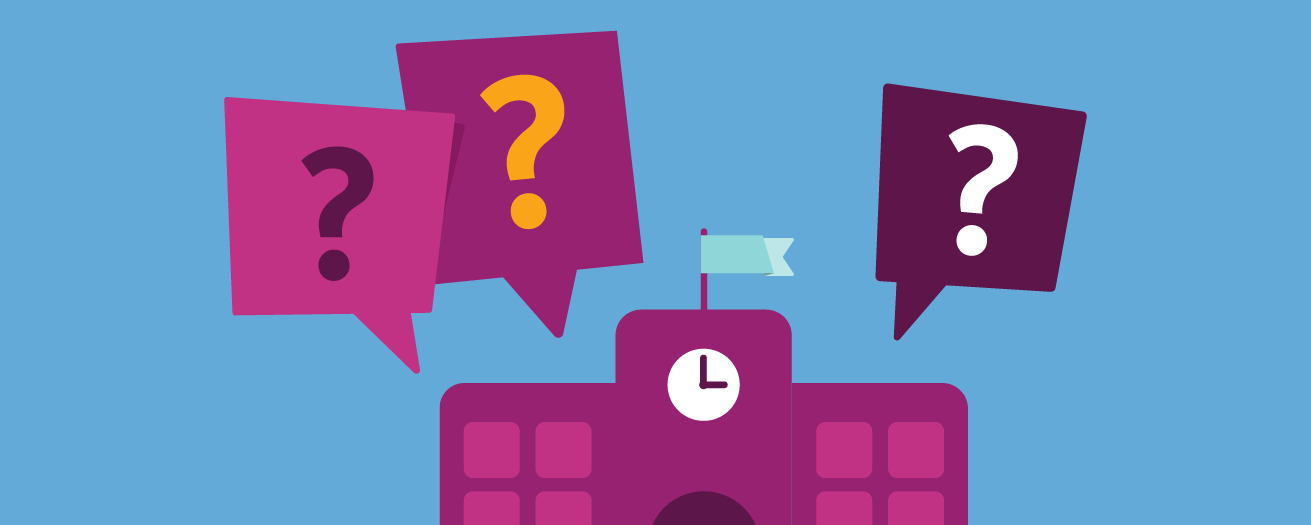updated august 2025
Welcome to a crash course in personal finance.
Managing money on your own can be intimidating. We answered some of the most-asked questions we hear when we talk to students.
At every stage of life, you’re bound to have questions about your money. From how much you should be saving to building your credit, here’s a guide to get you on the right track.
How much money should I have saved up before I leave for college?
The answer is: it depends.
The amount of money you should have saved up before leaving for college can vary significantly. You have to consider your college's location, your financial aid package, your family's financial situation, and your personal expenses.
Here are some key things to consider so you can determine your savings goal:
- Tuition and fees
- Room and board
- Textbooks and supplies
- Personal expenses like toiletries, transportation, clothes, and entertainment.
What’s the FAFSA?
It stands for Free Application for Federal Student Aid.
It’s a form you complete to apply for federal student aid such as federal grants, work-study funds, and loans.
Need help with the FAFSA? We have you covered. Check our website for scheduled workshops.
What’s the difference between subsidized and unsubsidized student loans?
Student loans are often a necessary part of higher education. You may see terms like subsidized loans and unsubsidized loans as you start considering how to pay for it.
Subsidized loans are based on financial need. The government pays the interest while you're in school, during deferment, and for the grace period.
Unsubsidized loans are available to all students, regardless of financial need. You’re responsible for the interest from day one.
That’s just the gist of it. Get a more in-depth look at the difference on the U.S. Department of Education’s Federal Student Aid website.
When should I start investing?
As soon as possible. The power of compounding interest means the earlier you start, the more your money can grow over time. You don’t need hundreds or thousands of dollars to get started. Small contributions can make a big difference in the long run.
When is the best time to get a credit card?
Establishing good credit is an essential part of your financial future. While getting a credit card can be a step in the right direction, it's crucial to do so responsibly.
Two things to consider are: you have a reliable income and you can pay off your balance every month.
How can I tell if something is off with my bills?
Regularly checking your bank and credit card statements shows you where your money is coming from and where it’s going. Getting familiar with that makes it easier to spot when something isn’t right.
Your credit report contains a detailed history of your credit accounts, including credit cards, and other loans. Monitoring your credit report can be a valuable tool in helping you detect fraud or inaccuracies related to your bills. Some credit monitoring services send alerts when there’s a significant change in your credit report. You can use your credit report to cross reference information with your bills and statements.
Managing your finances as a student can be challenging, but by addressing common financial questions and concerns, you can make informed decisions that pave the way for a brighter financial future.
Start investing early, understand your student loans, use credit cards responsibly, and become familiar with your statements and bills.





